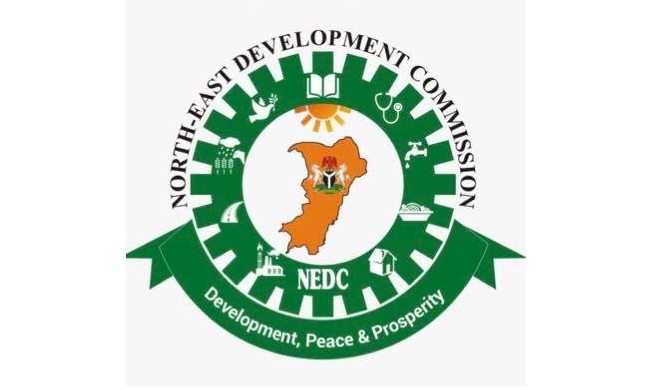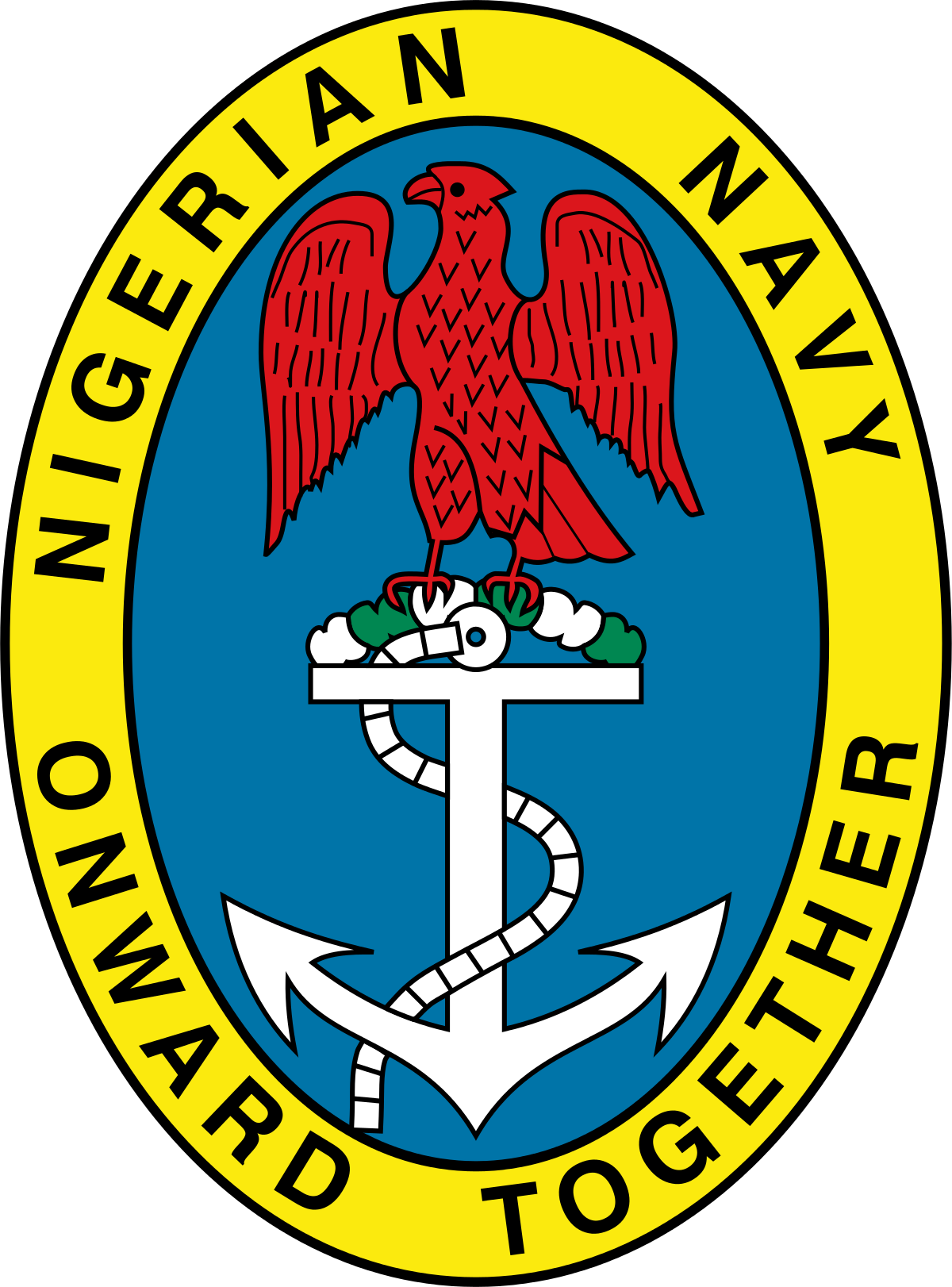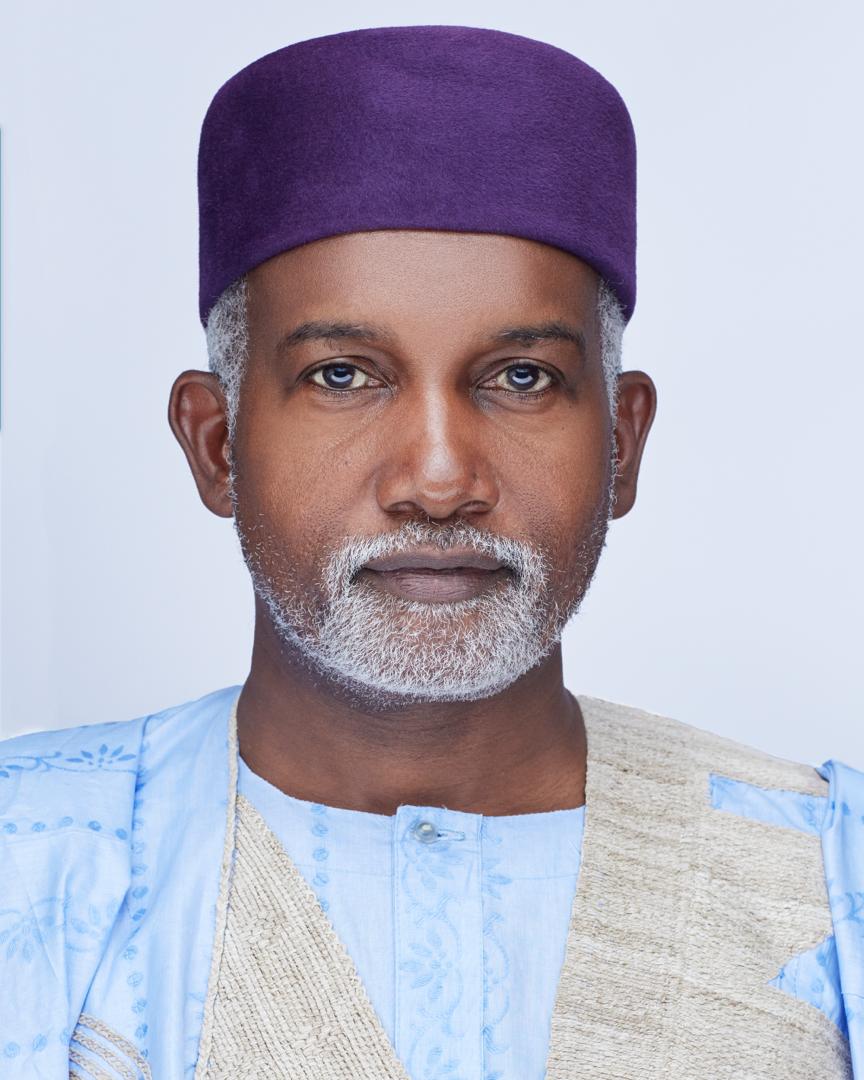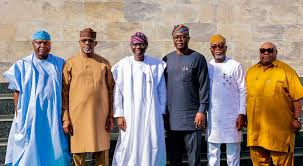Jonathan explains why he didn't implement 2014 National Conference recommendations

Former President Goodluck Jonathan has offered insights into why his administration did not implement the recommendations stemming from the 2014 National Conference. Speaking during a condolence visit to the family of the late Afenifere leader, Ayo Adebanjo, in Lagos on Sunday, Jonathan cited the prevailing political climate and internal strife within the Peoples Democratic Party (PDP) leading up to the 2015 elections as key factors that hindered the implementation.
Accompanied by Ernest Bai Koroma, former president of Sierra Leone, and Bode George, the former PDP deputy national chairman (south), Jonathan reflected on the conference, lauding Adebanjo's pivotal role in its success. He emphasized that the conference's inception and execution would have been significantly challenged without Adebanjo's involvement, given initial suspicions about potential manipulation.
Jonathan recalled the early concerns voiced by some leaders, who questioned whether he had specific interests in certain areas of the conference. He asserted that he refrained from influencing the process, deferring to the experience and expertise of the conference members, many of whom were highly respected figures, including Supreme Court justices. Jonathan described the establishment of the conference as an act of benevolence, entrusting credible Nigerians to contribute without political interference.
Acknowledging that the timing was not conducive for implementation, Jonathan expressed optimism that a future administration would review and adopt the conference's recommendations, which he believes remain relevant to Nigerian society. He also mourned the loss of Adebanjo and Edwin Clark, leader of the Pan Niger Delta Forum (PANDEF), emphasizing their courage, wisdom, and commitment to Nigeria's development.
During a separate condolence visit, former Vice President Atiku Abubakar also paid tribute to Ayo Adebanjo, recognizing him as a great leader whose death is a significant loss. Atiku highlighted Adebanjo's virtues of unity and peaceful coexistence, noting his role as an advisor and guide. He pledged to honor Adebanjo's legacy by continuing to work towards the dreams and aspirations he held for the country.
Both Jonathan and Atiku's visits underscored Adebanjo's significant impact on Nigerian politics and his unwavering pursuit of truth and justice. Jonathan reiterated that Adebanjo was not only a leader of Afenifere but a national leader whose wisdom and courage were invaluable. He stressed that no nation can thrive without truth and justice, principles that Adebanjo championed throughout his life.
The 2014 National Conference, though not immediately implemented, remains a significant effort to address Nigeria's challenges through comprehensive dialogue. Jonathan affirmed his belief in the conference's outcomes, expressing hope that they will eventually contribute to the betterment of Nigerian society. The reflections shared during these condolence visits highlighted the complexities of governance and the importance of visionary leadership in navigating turbulent political landscapes.








